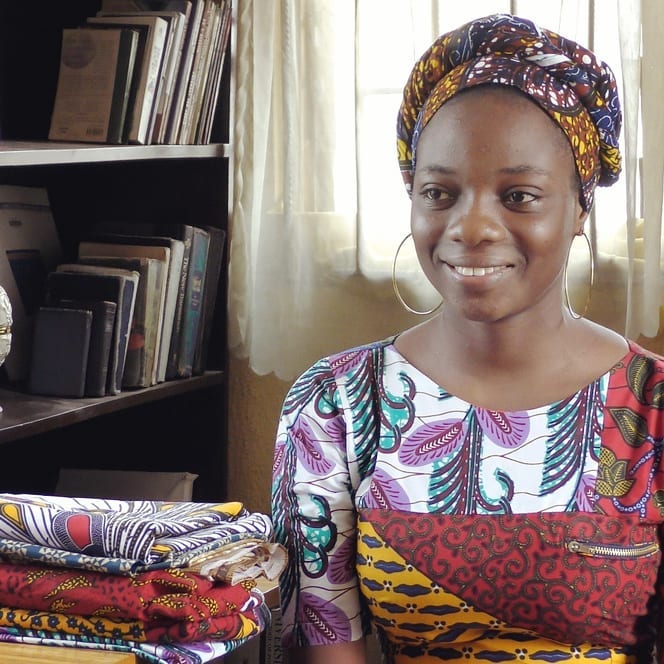Nigeria’s personal and healthcare business is a fast-growing industry. It includes beauty and fitness salons, fitness centres, gyms and health clubs, hair and beauty salons, spas and clinics, medicines, and medical equipment, among other enterprises. Millions of people work in the industry, which generates billions of dollars in income each year. In reality, the personal and healthcare business is one of the country’s largest and most profitable. Personal care items include Salon Professional Hair Care, Shampoos, Styling Agents, Dental Floss, Denture Care, Mouth Fresheners, Mouthwashes/Dental Rinses, Tooth Whiteners, and Toothbrushes.
The industry has been flourishing over the past ten years. Healthcare services have emerged as a significant economic engine, with a slew of international investors vying for a piece of the pie. Local businesses have also been drawn to the industry, with several establishing tiny health clinics in their villages. Young Nigerians who want to start their own enterprises or work for huge firms find healthcare to be one of the most appealing areas.
Nigeria’s personal and healthcare business is one of the country’s most important. It is expected to experience significant growth annually, with the healthcare industry accounting for a substantial portion of that. Hospitals, pharmaceutical businesses, medical equipment suppliers, medical labs, and clinics are all part of the industry, providing various services. The industry has grown in recent years as the population has gotten more affluent and has better access to healthcare.
Impact on the Economy
Nigeria has become a top investment destination for multinational companies looking to enter Africa’s beauty and personal care sector. Nigeria’s beauty and personal care industry is the fastest-growing in Sub-Saharan Africa. According to research, Nigeria’s cosmetics business is worth $3,4 billion.
According to the latest GDP figures, Human Health Care and Social Services account for roughly N487 billion, or about 0.7 per cent of Nigeria’s GDP. A GDP growth rate of around 4% was also achieved in the sector. The hair care market was estimated to be worth 116.4 billion Naira in 2017. In Nigeria, skin care products sold for more than 92 billion Naira in that year. Meanwhile, healthcare spending is expected to account for 2.94 per cent of the country’s GDP by 2021.
Leading Companies
Top industry heavyweights such as Unilever, Daily Need Industry Limited, and L’Oreal are leading Nigeria’s fast-growing personal care and beauty sectors.
Ministry in Charge
The Nigerian personal healthcare business is managed, regulated, and promoted by the ministries of health, industry, trade, investment, agriculture, and other agencies such as the National Agency for Food and Drug Administration and Control. Other organisations, such as the Nigerian Medical Association and the Nigerian Association of Medical Laboratory Scientists, are also active.
Connect with us, and get our app.
Stay connected. We will bring you more industry reports and articles.
We created our one-stop digital incubator app to bridge knowledge and service discrepancies for African students and Savvy entrepreneurs looking to start a business. Get the app (Android version) here. For IOS users, a web app is available here at https://tribe.joadre.com. Sign up for our newsletter here to get consistent resources via email. If you want to contact us, use our contact form or consult us through the app.
Thank you for reading to the end.
Cheers
Joadre




